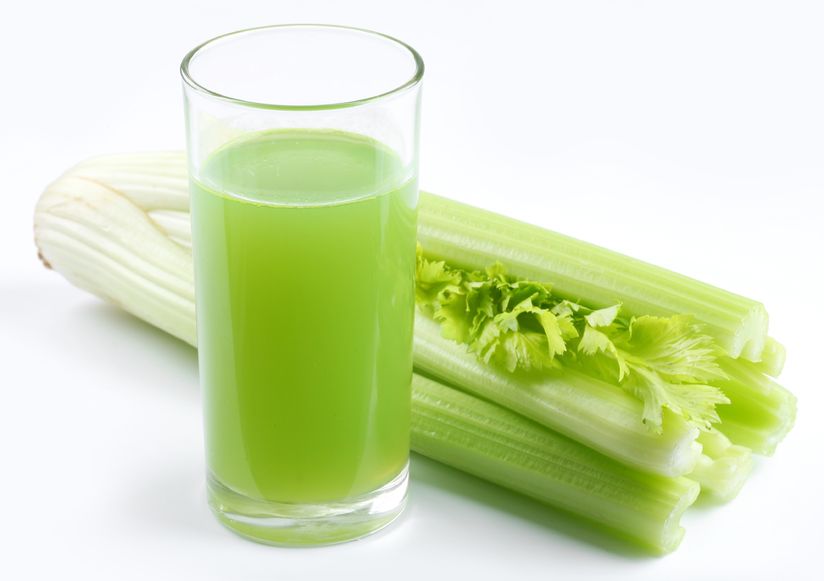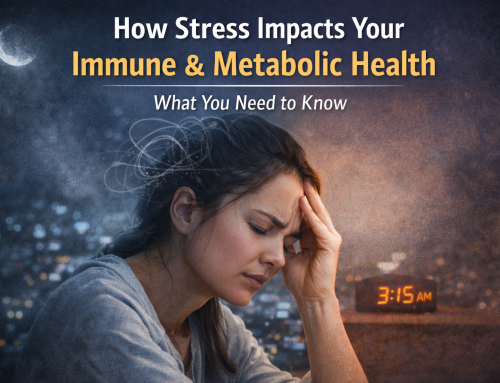The relationship between liquid diets and health is interesting. When we think of a diet, we usually think of food. A healthy diet typically includes lots of vegetables and lean proteins, some fruit, whole grains and healthy fats. We usually picture whole foods as being the “diet,” but not all diets feature strictly solid food. In some instances, a liquid diet might be a useful way of approaching nutrition.
What Is a Liquid Diet?
Colette Micko, a registered dietitian nutritionist with Providence Little Company of Mary Medical Center Torrance says that “Liquid diets are often prescribed by doctors for a variety of reasons. Those reasons may include:
- Preparing for a screening or diagnostic test, such as a colonoscopy.
- Triggering quick weight loss prior to bariatric surgery or as a transitional phase after such surgery before moving back onto solid food.
- Managing your weight.
- Recovering from certain infections, such as pancreatitis.
- Following oral surgery or when chewing or swallowing is difficult.
- Improving gastrointestinal symptoms associated with certain conditions such as Crohn’s disease.
- Resting the bowel. Because liquid diets include little or no fiber, that can give your digestive system a break from processing nutrients that may be more difficult to digest.
Types of Liquid Diets
Micko explains that “liquid diets are typically categorized as clear liquids or full liquids.”
A clear liquid diet includes thin, see-through liquids, such as:
- Water.
- Tea or coffee without milk or cream.
- Broth.
- Clear juices that contain no pulp, such as apple juice.
- Clear carbonated drinks or sodas.
- Sports drinks.
- Popsicles that contain no milk, nuts, seeds or fruit chunks.
These diets contain no or very few calories and are intended for when you’re prepping for surgery or a test that requires you to have no food in the digestive system. Because they contain so few calories and can’t provide adequate nutrients to sustain your body for long, they’re usually only intended for a couple of days at a stretch.
A full liquid diet, on the other hand, is a bit more robust and includes any foods that are liquid or will melt once you’ve ingested them. They provide more complete nutrition than a clear liquid diet and may include:
- Dairy products, such as milk, butter, yogurt and ice cream.
- Strained or pureed soups.
- Juices.
- Water, broth and tea.
- Nutritional supplements, such as shakes and drinks.
- Popsicles and other juice-based frozen treats.
- Cooked cereals such as oatmeal or grits that have been blended and thinned with water or milk.
- Nut butters.
- Gelatin, pudding, custard and other similar gelatinous desserts.
Liquid Diets for Weight Loss
One of the more common reasons you might go on a liquid diet is to manage your weight. Cooper says that:
- You may be consuming low-calorie liquid meal replacements in the form of shakes that may be recommended for assistance with portion control and ease of use.
- Using a mostly liquid and part whole-food diet may add structure and simplicity to a weight management plan.
- While liquid diets can induce rapid and significant weight loss, they must be managed by a health care provider to ensure long-term results.
- She cautions that long-term weight loss maintenance is dependent upon behavior change when returning to a whole food diet.
- Seek the help of a registered dietitian for guidance on meal replacements nutrient balance and overall lifestyle changes necessary for long-term success.
What’s the Relationship Between Liquid Diets and Health?
What is the relationship between liquid diets and health? Whether a liquid diet is healthy depends on what’s in it, why you’re using it and whether it provides adequate nutrition for your needs.
- Many faddish liquid diets may be a waste of money and might actually be dangerous if you stick to them too long.
- Most liquid diets claiming to cleanse or detox the body have no clinical research to support their claims.
- Our liver, kidney, skin and gastrointestinal tract are built-in body cleansers. Our bodies have the ability to get rid of toxins through sweat, urine and bowel movements.
- If you’re thinking of moving to a liquid diet because you think you need a “detox,” skip it and look to more proven means of using nutrition to boost health.
- The Mediterranean Diet has consistently been the top-ranked diet on U.S. News & World Report’s Best Diets List for the past several years and offers a better health argument than many shake-based plans.
Still, for some people, Micko says that a liquid diet might be a smart move under certain circumstances.
- In those instances, you should focus on getting the right nutrients.
- When you’re on a liquid diet, it’s important to focus on high-protein liquids to help preserve lean body mass.
- Most foods on a clear liquid diet are devoid of protein, so clear liquid supplements are typically recommended.
- Higher protein liquids on a full liquid diet can include regular or soy milk, bone broth and yogurt if permitted, in addition to protein supplements.
Liquid diets can be challenging to stick with, and are not usually intended to be followed for a long time.
Click here to read full article about liquid diets and health.






